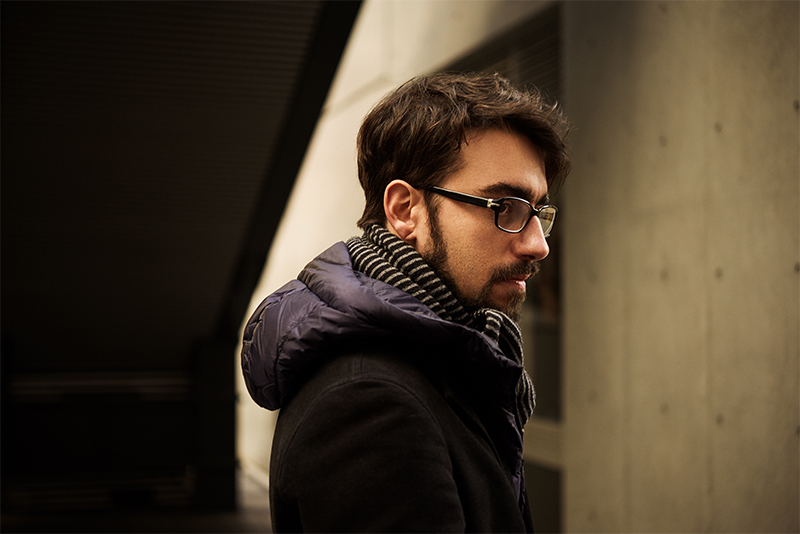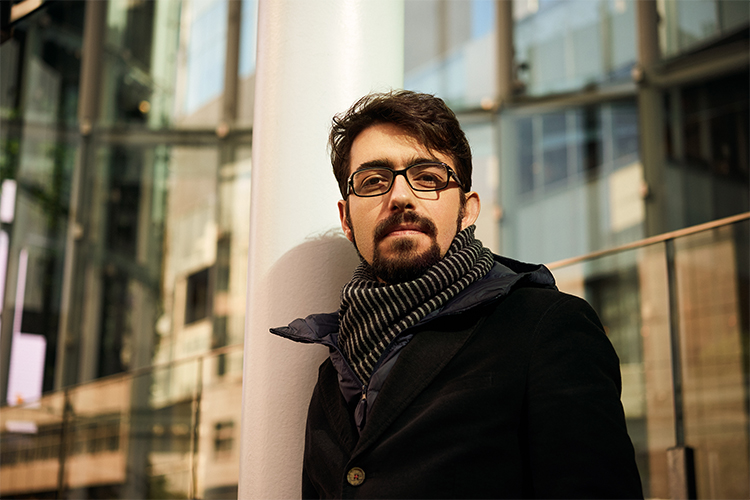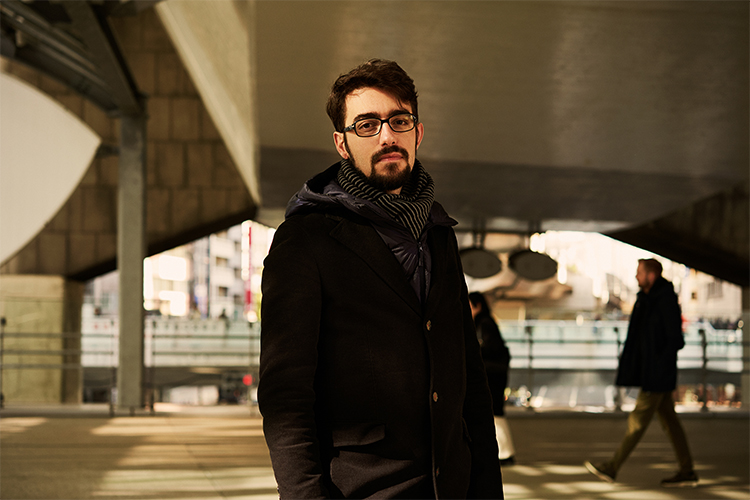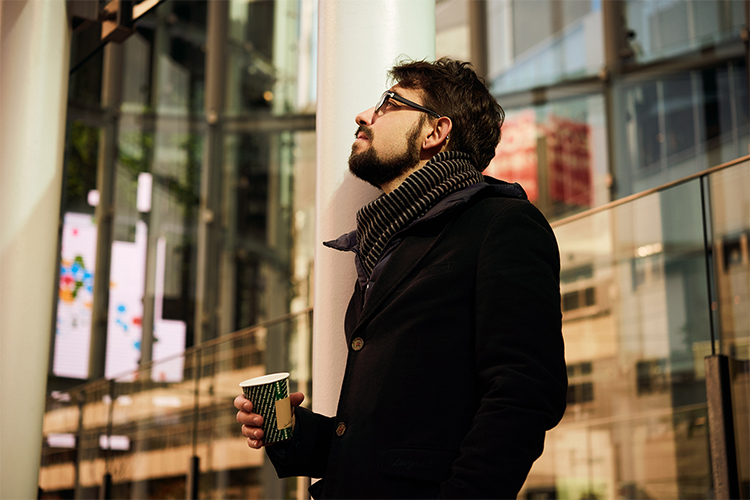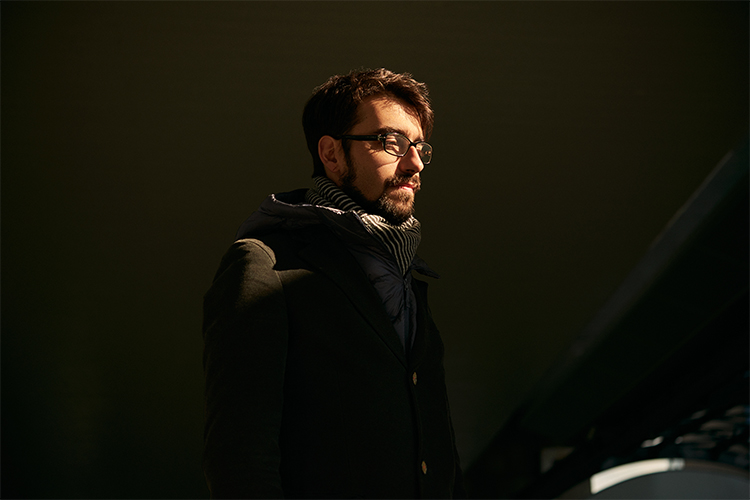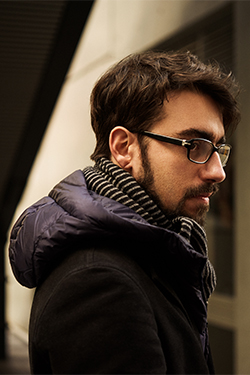かつても今もブラジル音楽が世界に与える影響は計り知れない。メロディーとハーモニー、それにアレンジの3つが素晴らしい音楽を生むための元素であるならば、ブラジル音楽はいとも簡単にその条件を満たしたうえで、ロックやジャズといった既存のカテゴリーを超越していく。1972年にミルトン・ナシメントが発表した『クルビ・ダ・エスキーナ』がいい例だ。ある者はロックとして嗜み、またある者はジャズの延長上にこの作品を捉える。浮遊するメロディと美しいハーモニーが緻密で高度なアレンジを伴って奏でられるこの独特な音楽は、ブラジルの山間部にあるミナス・ジェライス州で生まれた。『クルビ・ダ・エスキーナ』の直訳は“街角のクラブ” 。これを名盤たらしめているのは、ミルトンと連名でクレジットされるロー・ボルジェスに、トニーニョ・オルタやベト・ゲヂスといったミナスの同世代の若者が一同に介したことによる“共鳴”に他ならない。
Brazilian music is influencing the world like never before. If melody, harmony and arrangement are the keys to great music, then Brazilian music captures these elements while transcending existing genres such as rock and jazz. One leading example is “Clube da Esquina”, released by Milton Nascimento in 1972. For some listeners it's rock music, while others consider it an extension of jazz. The unique sounds, which bring floating melodies and beautiful harmonies together in precise arrangements, were born in Minas Gerais in the mountains of Brazil. Clube da Esquina can be translated as "street corner club" and is a masterpiece for the way in that Milton, along with fellow Minas artists including collaborator Lo Borges, Toninho Horta and Beto Guedes, developed an incomparable resonance that shaped the era.
40年以上の時を経て、ミナス新世代の音楽が世界を驚かせている。その中心となっているのがミナス連邦大学の出身者たちであり、とりわけ今日の主人公であるアントニオ・ロウレイロは2010年のファーストアルバム『Antonio Loureiro』をリリース以来、ここ日本でも常に注目の的だ。名うてのマルチ奏者にして繊細でハスキーな歌声が魅力の彼に、来日の折わずかな時間を縫ってインタビューする機会を得た。地球の反対側からやってきた若き才能が語る、自身の音楽と街の関係。そして人生について。
More than four decades later, a new wave of Minas music has caught the world by surprise. At the heart of this movement are graduates from the Federal University of Minas Gerais, one of whom is Antonio Loureiro, an artist who has garnered widespread attention since the release of his self-titled debut album in 2010. A renowned multi-instrumentalist with a delicate yet husky singing voice, the artist took time out during his recent visit to Japan to discuss the relationship between music and the city, while also sharing some thoughts on life.

